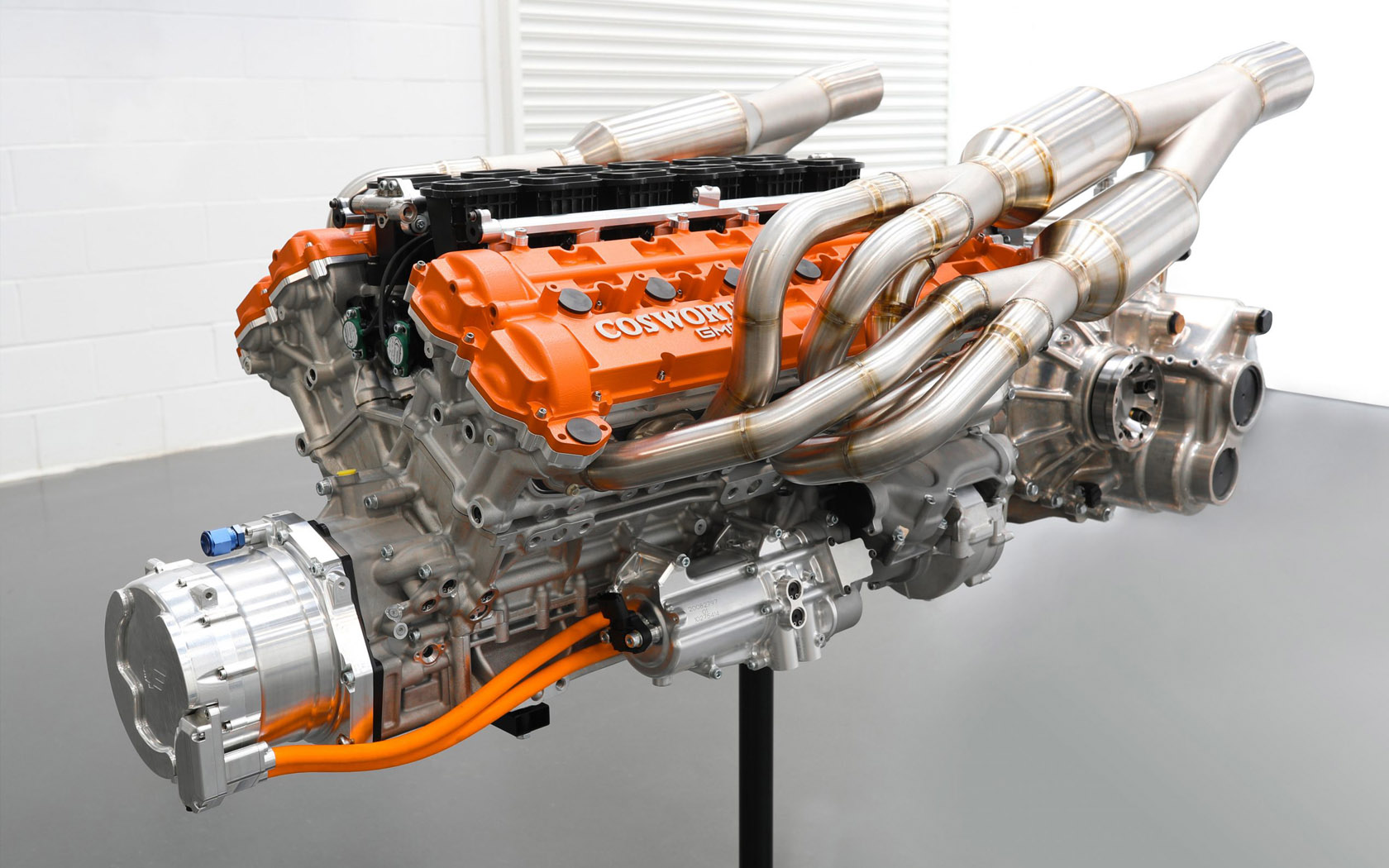Your Go-To Vehicle Components Store for Engines for Africa and Much more
The Effect of Innovative Engine Technologies on Power Efficiency and Environmental Sustainability
In the world of transport and commercial equipment, the continuous pursuit for boosted energy performance and reduced environmental influence has led to substantial innovations in engine technologies. From the steady shift towards hybrid and electrical systems to the combination of turbocharging for enhanced efficiency, the landscape of engines is progressing quickly.
Evolution of Engine Technologies
The development of engine innovations over the years has actually been noted by continual advancement and refinement in pursuit of improved efficiency and effectiveness. From the very early days of internal combustion engines to the cutting-edge crossbreed and electrical powertrains of today, the advancement of engine innovations has actually been driven by a ruthless mission for enhanced fuel performance and lowered exhausts.
One considerable turning point in this development was the growth of turbocharging and straight injection systems, which substantially improved engine power output while enhancing fuel efficiency. These innovations permitted smaller sized, much more light-weight engines that can provide the efficiency of larger ones without compromising on performance.
Additionally, improvements in products science have actually resulted in the extensive fostering of light-weight products such as light weight aluminum and carbon fiber in engine building. This has not just decreased overall car weight but has also enhanced engine effectiveness by decreasing power losses connected with inertia and friction.
Advantages of Electric and Crossbreed Solutions
With the expanding focus on sustainability and power performance, what benefits do electrical and hybrid systems offer in the world of engine technologies? Additionally, electric and hybrid systems are extra energy-efficient, transforming a greater portion of saved power right into propulsion compared to standard engines. Hybrid systems integrate the benefits of electrical propulsion with the flexibility of a combustion engine, offering expanded driving arrays and lowering array anxiousness for consumers transitioning to electrical lorries.
Turbocharging for Improved Performance
Ingenious engine innovations like electrical and hybrid systems have led the way for advancements in lorry efficiency, with turbocharging becoming a key technique for improving total efficiency and sustainability. Turbocharging works by making use of a turbine to compel more air right into the combustion chamber, enabling for much better fuel burning and enhanced power output without a significant increase in engine dimension. This procedure, called forced induction, makes it possible for smaller, much more fuel-efficient engines to produce power degrees equivalent to larger ones. By making the most of the performance of the combustion procedure, turbocharged engines can achieve improved fuel Learn More economic climate and decreased exhausts, adding to ecological sustainability. Furthermore, turbocharging boosts engine responsiveness, offering chauffeurs with an extra pop over to this web-site dynamic driving experience. The extensive adoption of turbocharged engines in both gasoline and diesel lorries shows their efficiency in balancing efficiency, effectiveness, and environmental impact. As automotive manufacturers continue to improve turbocharging technology, its duty in advertising energy efficiency and sustainability in the transport field is expected to grow further.
Using Alternative Gas
Using alternative gas offers an appealing method for reducing carbon discharges and diversifying the energy resources used in transport. As the world makes every effort to fight environment change and reduce dependence on fossil fuels, different fuels have actually gotten considerable attention for their possible ecological and economic advantages.
Biofuels, such as ethanol and biodiesel, are stemmed from eco-friendly resources like algae, corn, and sugarcane, offering a cleaner burning alternative to typical gasoline and diesel. These fuels can be combined with existing oil fuels or used in devoted engines, supplying a path to reduced greenhouse gas discharges and boost air top quality.
Moreover, hydrogen fuel cells have emerged as an appealing modern technology for zero-emission transportation. engines for africa. By transforming hydrogen gas into electrical power to power electric motors, fuel cell automobiles generate only water vapor as a byproduct, removing dangerous tailpipe exhausts totally
Along with lowering carbon discharges, different gas can additionally boost energy security by branching out the gas mix and lowering dependence on imported oil. Welcoming different fuels in transportation is an important step in the direction of accomplishing a more sustainable and eco-friendly future.

Environmental Benefits and Future Potential customers
Alternate gas, such as biofuels, hydrogen, and electrical energy, offer significant environmental benefits contrasted to conventional Click This Link fossil gas. Furthermore, alternative gas can aid expand energy sources, enhancing energy safety and lowering dependence on limited sources.
Innovations in modern technology proceed to boost the efficiency and price of different gas cars, making them more obtainable to customers. By embracing ingenious technologies and different fuels, the path in the direction of a more lasting future becomes increasingly attainable.

Conclusion
In final thought, cutting-edge engine modern technologies have actually played an important function in enhancing energy effectiveness and promoting environmental sustainability. The development of engine innovations, adoption of electric and hybrid systems, utilization of turbocharging, and exploration of alternative fuels have all contributed to boosting and reducing discharges effectiveness.
In the world of transport and commercial equipment, the continual mission for improved energy performance and minimized environmental influence has led to significant improvements in engine innovations. Turbocharging jobs by making use of a turbine to force more air into the combustion chamber, allowing for much better gas combustion and increased power result without a significant rise in engine size. By optimizing the performance of the burning process, turbocharged engines can achieve better fuel economic climate and decreased exhausts, contributing to ecological sustainability. Alternative fuels, such as biofuels, hydrogen, and power, deal considerable ecological benefits compared to conventional fossil fuels. The evolution of engine modern technologies, adoption of electric and hybrid systems, application of turbocharging, and expedition of alternative gas have all contributed to reducing exhausts and enhancing effectiveness.